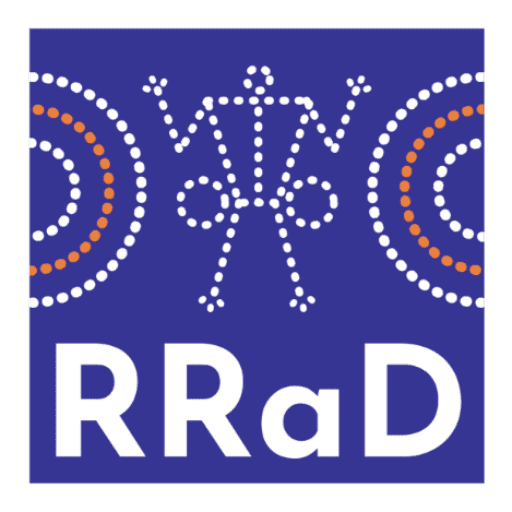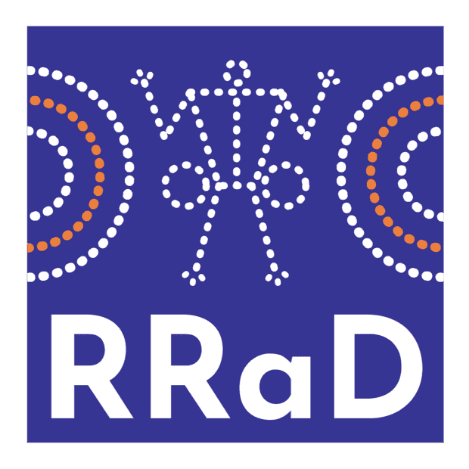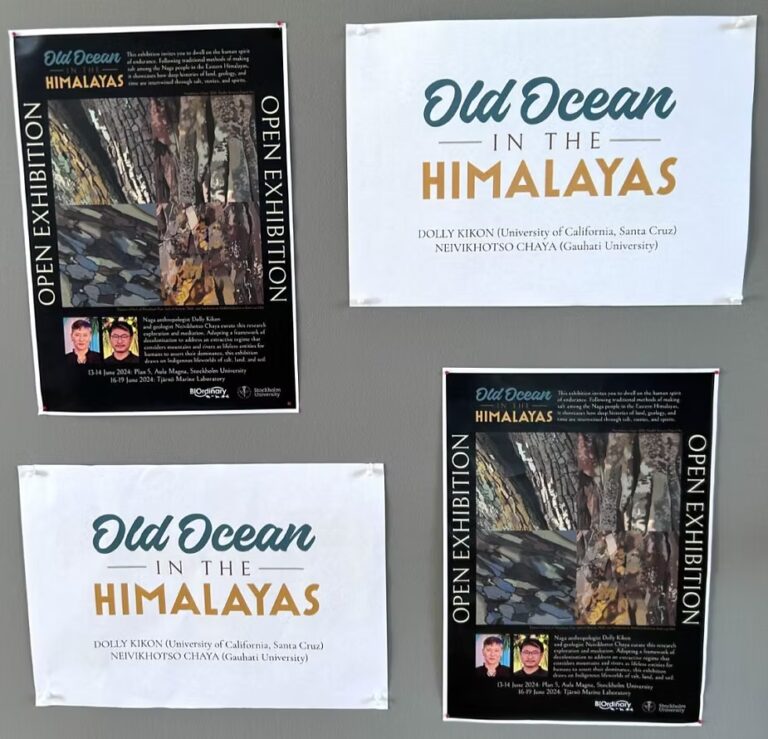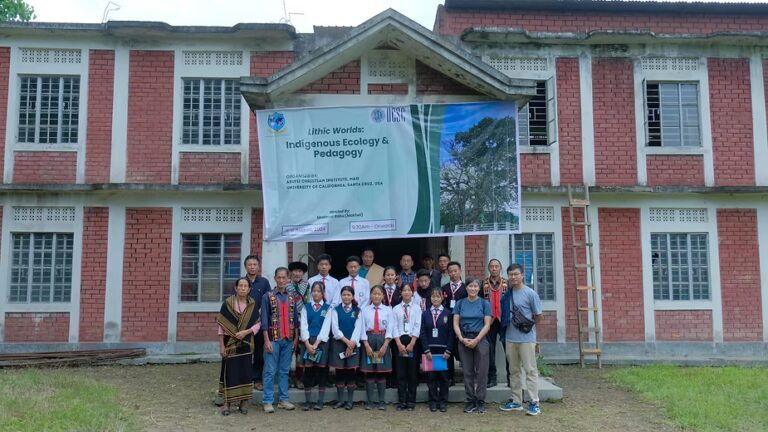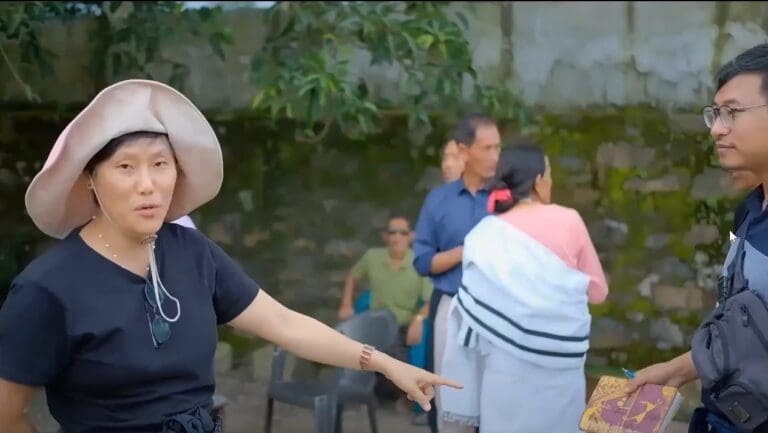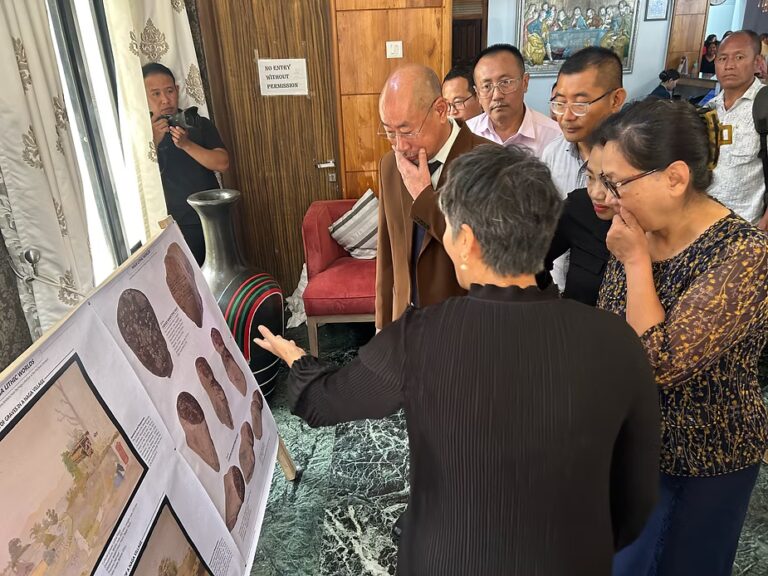-
In a significant public engagement initiative, Jubilee Memorial College, Mokokchung hosted a dialogue on the repatriation of Naga ancestral human remains by the Recover, Restore, and Decolonise (RRaD) team on November 11.
Mention maybe made that RRaD was founded by the Forum for Naga Reconciliation in 2021 to facilitate the repatriation of Naga ancestral human remains to the Naga homeland.
A press release issued by the Jubilee Memorial College stated that the RRaD initiative, a team of researchers and human rights activists aims to generate awareness and build a case for the return of Naga human remains from the University of Oxford’s Pitt Rivers Museum.
The dialogue, facilitated by Dr Ellen Jamir, Associate Professor of Christian Counseling and Psychotherapy at Oriental Theological Seminary, Nagaland, delved into repatriation’s historical context and social justice aspects.
Dr Dolly Kikon, Associate Professor of Anthropology and Development Studies at the University of Melbourne, served as the keynote speaker, offering insights into the significance of returning human remains taken during the period of British imperialism.
Dr Kikon underlined the importance of understanding that not all human remains housed in museums are tied to head-hunting customs. Nagas used to decorate and maintain the skulls of their deceased loved ones honourably. However, during the colonial era, these customs were disturbed when the skulls were taken away without consent.
Dr Kikon emphasised that repatriation serves as a stabilising factor that pushes us to understand our historical narrative authentically by acting as a bridge between the past, present, and future.
The event also featured a documentary screening on the repatriation issue, followed by an engaging discussion with the attendees. This initiative by RRaD underscores a broader movement toward justice, inclusivity, and healing, urging the University of Oxford to acknowledge and act upon the rightful repatriation of Naga ancestral human remains.
First published in The Morung Express on 11th November 2023
Link: http://morungexpress.com/mokokchung-dialogue-on-repatriation-of-naga-ancestral-human-remains-held
